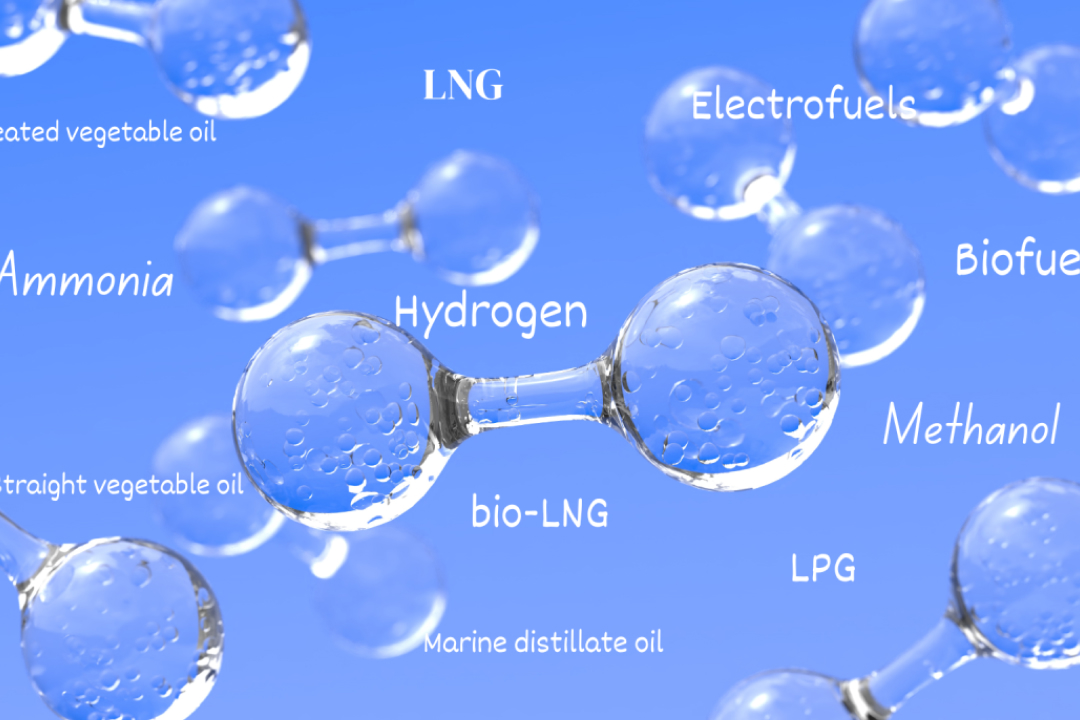
Many countries pledge to reach net zero by 2050. Few plan for it. (EE News)
Record Loss Of Antarctic Sea Ice Linked To Climate Chang (Weather)
Climate change and turbulence: Experts weigh in after death on Singapore Airlines flight (NBC News)
Climate change made U.K.’s waterlogged winter worse (BBC)
Slowing climate change is possible—here’s how nations could make it happen (Phys)
In a warmer world, tornado behaviour is changing – this is how we can prepare (BBC)
Extreme Weather 2024’s Climate Crisis: extreme weather around the globe signals the urgent need for action (Climate Council)
Climate Change, La Niña Slated to Drive Record-Breaking 2024 Atlantic Hurricane Season (UCS USA)
The Rise in America’s Billion-Dollar Extreme Weather Disasters (Visual Capitalist)
As the climate dries, American West faces problematic future, experts warn (UNEP)
G20: Affordability and Social Impacts of Energy Transitions (IEA)
Brazil at the G20 and leadership in the energy transition (G20.org)
Plans unveiled for U.K.’s first green shipping corridor (Edie)
NatPower Marine and Peel Ports Group announce plans for first ‘green shipping corridor’ between U.K. and Ireland (American Journal of Transportation)
Global carbon emissions pricing raised a record $104 bln in 2023 (Reuters)
Op-Ed: Senator Kelly Throws U.S. Maritime Industry a Lifeline — Let’s Seize It (GCapitain)
To Make Clean Industry Stick, the United States Needs New Trade Mechanisms (Center for Strategic & International Studies)
Collaboration to the fore as maritime charts its course towards a greener future (Seatrade-maritime)
Bipartisan group of lawmakers releases roadmap for revitalizing U.S. maritime (Marinelog)
Germany sets out a concept for green industry market in a bid for decarbonization (Reuters)
Graduating seniors seek degrees in climate change, and more U.S. universities deliver (kxan)
How Top U.S. Universities Cut Their Carbon Emissions to Help Fight Climate Change (Carbon Credits)
For decades, the maritime industry has relied on Heavy Fuel Oil (HFO), a highly polluting fuel that requires heating to flow properly. However, new regulations by the International Maritime Organization (IMO) mandate the shipping industry to cut carbon emissions by at least 30% by 2030, prompting a shift away from HFO.
Limiting sulfur content and nitrogen oxides (NOx) emissions from marine fuels to decarbonize the sector by the end of the century is a considerable challenge. These regulations lead shipowners to explore low-sulfur and low-carbon alternative fuels, necessitating transitioning to cleaner fuels like methanol, ammonia, hydrogen, and potentially electricity and nuclear power.
There are at least fifteen marine fuels under research to support the transition: Marine gas oil (MGO), Marine distillate oil (MDO), Liquefied petroleum gas (LPG), Liquefied natural gas (LNG), Methanol, Straight vegetable oil (SVO), Hydrotreated vegetable oil (HVO), Fatty-acid methyl esters (biodiesel), Hydrothermal liquefaction (biocrude), Pyrolysis oil (bio-oils), Ammonia, Hydrogen, bio-LNG and electro fuels (eMethanol, eAmmonia, etc.).
Companies like Maersk are exploring alternative fuels such as methanol, which, when sustainably sourced, is less polluting than fossil fuels.
Here are some key challenges associated with this transition:
In sum, a combination of regulatory and market forces is driving the development of alternative marine fuels. Three value chains are central to steering the sector’s decarbonization actions, as they affect other value chains and determine what is collectively achieved: the marine fuel value chain, the shipbuilding value chain and the maritime operations value chain.
Finally, significant investments in infrastructure, technological advancements, and coordinated efforts among stakeholders are necessary to achieve maritime decarbonization goals.

Beatriz Canamary is a consultant in Sustainable and Resilient Business, Doctor and Professor in Business, Civil Engineer, specialized in Mergers and Acquisitions from the Harvard Business School, and mom of triplets. Today she is dedicated to the effective application of the UN Sustainable Development Goals in Multinationals.
She is an ESG enthusiast and makes it possible to carry out sustainable projects, such as energy transition and net-zero carbon emissions. She has +15 years of expertise in large infrastructure projects.
Member of the World Economic Forum, Academy of International Business and Academy of Economics and Finance.